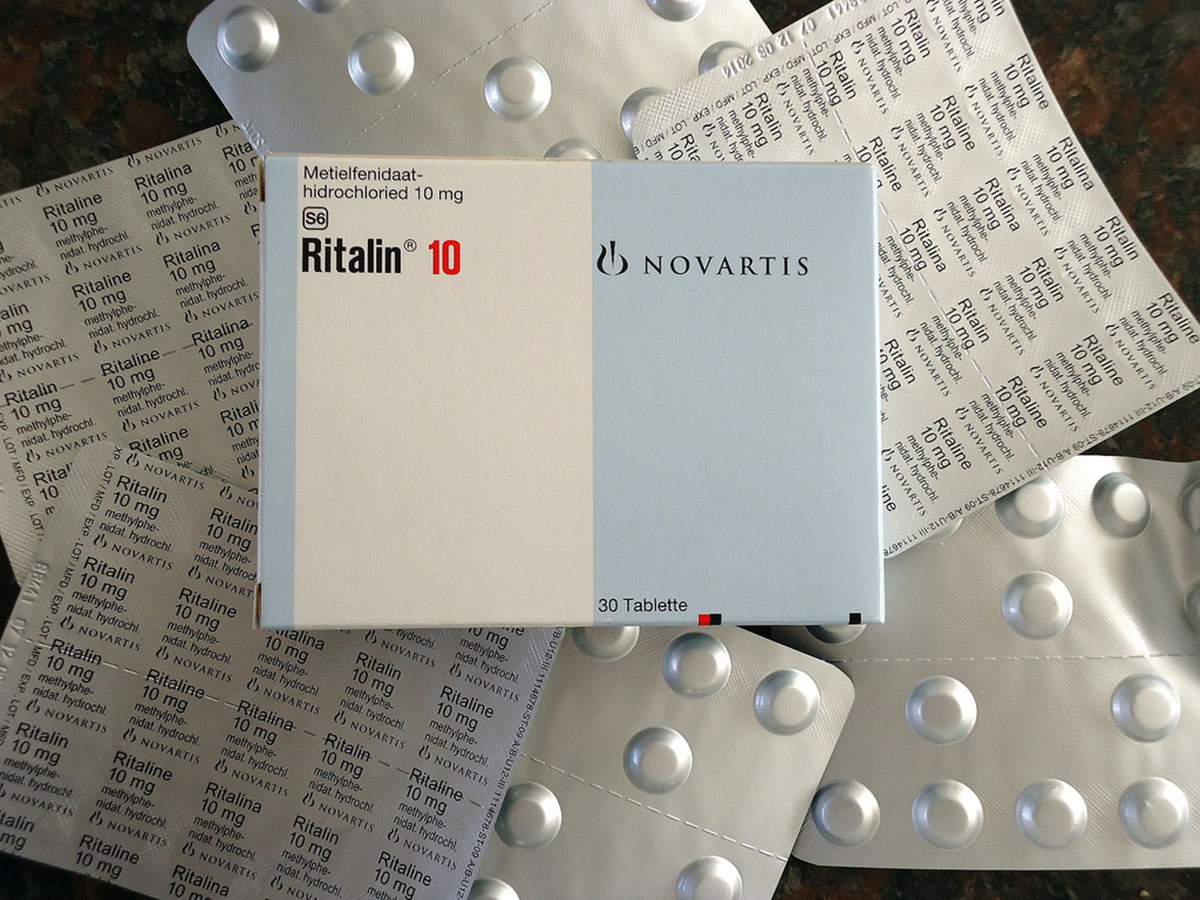Table of Contents
Treatment of attention deficit hyperactivity disorder in France is different, too.

They take a more holistic view of the child's mental health. For instance, a French therapist would probably consider:
- Is the child exposed to artificial dyes, colorings, preservatives, and flavorings in his or her diet? Is the child given foods that can cause allergies? Is the child given too much sugar? American therapists usually know that dietary interventions can make a huge difference in child behavior, but the guidelines do not call for changing American children's diets.
- Has the child been given a strong "cadre," or structure? French parents usually provide firm guidelines for their children's behavior. Children are not allowed to eat whenever they want, for instance. They are required to eat at mealtime. French parents may allow babies to "cry it out," at least for a few minutes, before offering comfort.
- Has the child been provided clear limits for his or her behavior? French parents exert their authority by declaring, “C’est moi qui décide” (“It’s I who decide”). They are usually are not at all hesitant to tell their children "no." Telling children what they cannot do, as well as what they can, is thought to free them from the tyranny of their desires. Setting limits is believed to help children feel both happier and more secure.
- Has the child been exposed to physical discipline? In the US, as well as in most countries in northern Europe, spanking a child can be equated with child abuse. In France, a light swat to a firm whack on the side of the head, the bottom, or the arm, used judiciously, is considered part of any parent's prerogatives for disciplining a child. (But we cannot recommend it where customs or law prohibit it.)
See Also: How Can You Tell If An Adult Has ADHD?
ADHD is seen as a failure of parenting, or teaching, or food, or community structure, that requires changes on the part of adults rather than blaming the child. But just as the French approach does not shame the child for inattention or hyperactivity, it does not shame the parents. Parents are not expected to be consumed with child rearing. They are not competitive, obsessive, helicopter parents who lack a life of their own. What, however, can American parents who have children who have ADHD take away from the French experience?
- If your family is under financial stress, chances are that your child will be under emotional stress. This isn't an illness. It goes away when your financial position improves.
- If your child has ADHD, part of the problem could be diet. First, get rid of sugar, colors, and preservatives. (Most soft drinks are bad for ADHD.) Try to provide fresh foods as your family budget permits.
- Make sure your child has interesting activities at school. Be involved in your child's education. And,
- Remember, ADHD isn't your fault or your child's fault — and it isn't something you necessarily need to medicate away, either. Changing environment can be at least as important as trying to change your child.
- Druckerman, Pamela. Bringing Up Bébé. New York: Penguin Press. 7 December 2012.Mind map by SteadyHealth.com
- Photo courtesy of Barbouris via Flickr: www.flickr.com/photos/barbourians/8574916468


Your thoughts on this